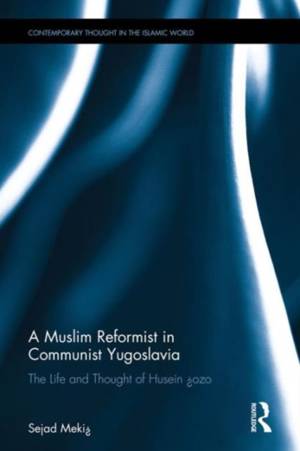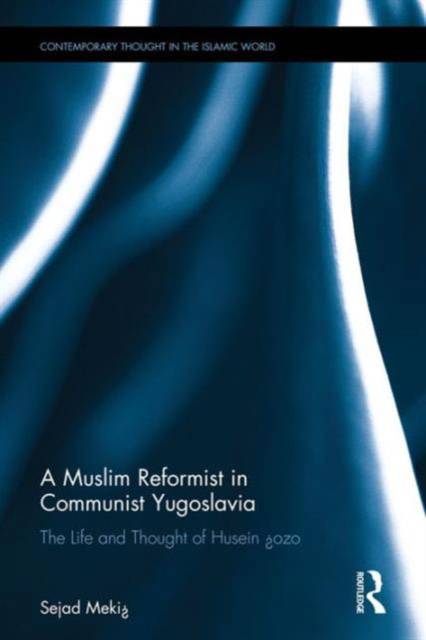
- Retrait gratuit dans votre magasin Club
- 7.000.000 titres dans notre catalogue
- Payer en toute sécurité
- Toujours un magasin près de chez vous
- Retrait gratuit dans votre magasin Club
- 7.000.0000 titres dans notre catalogue
- Payer en toute sécurité
- Toujours un magasin près de chez vous
Description
A Muslim Reformist in Communist Yugoslavia examines the Islamic modernist thought of Husein Đozo, a prominent Balkan scholar. Born at a time when the external challenges to the Muslim world were many, and its internal problems both complex and overwhelming, Đozo made it his goal to reinterpret the teachings of the Qur'an and hadīth (prophetic tradition) to a generation for whom the truths and realities of Islam had fallen into disuse. As a Muslim scholar who lived and worked in a European, communist, multi-cultural and multi-religious society, Husein Đozo and his work present us with a particularly exciting account through which to examine the innovative interpretations of Islam. For example, through a critical analysis of Đozo's most significant fatwās and other relevant materials, this book examines the extent of the inherent flexibility of the Islamic law and its ability to respond to Muslim interests in different socio-political conditions. Since Đozo's writings in general and his fatwās in particular have continued to be published in the Balkan lands up to the present, this monograph should help shed some light on certain assumptions underlying modern Islamic thought and consciousness found in the region.
Spécifications
Parties prenantes
- Auteur(s) :
- Editeur:
Contenu
- Nombre de pages :
- 212
- Langue:
- Anglais
- Collection :
Caractéristiques
- EAN:
- 9781138695849
- Date de parution :
- 14-07-16
- Format:
- Livre relié
- Format numérique:
- Genaaid
- Dimensions :
- 160 mm x 229 mm
- Poids :
- 430 g







